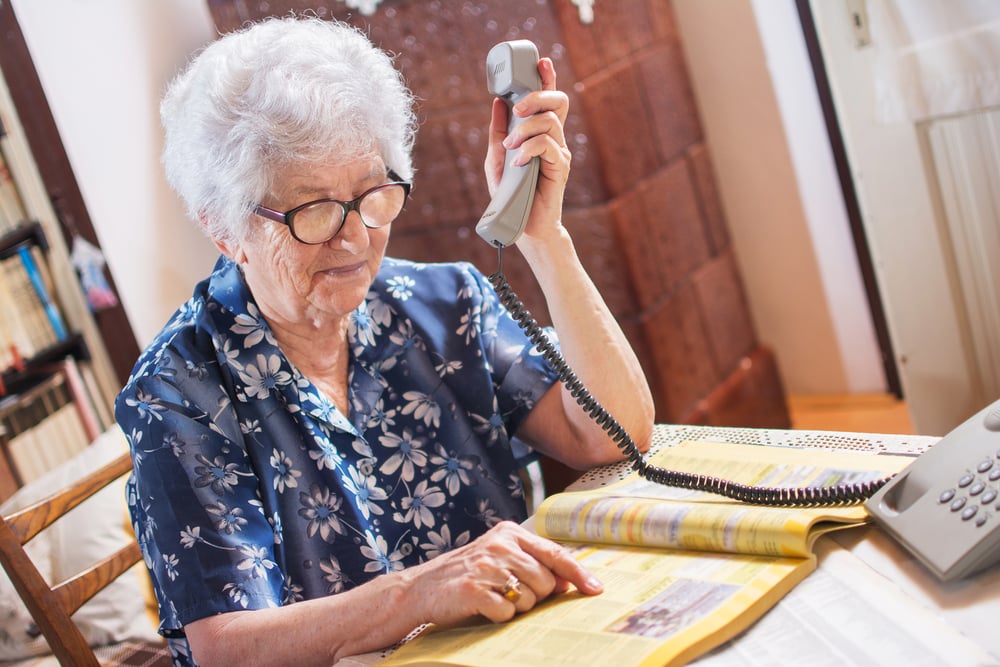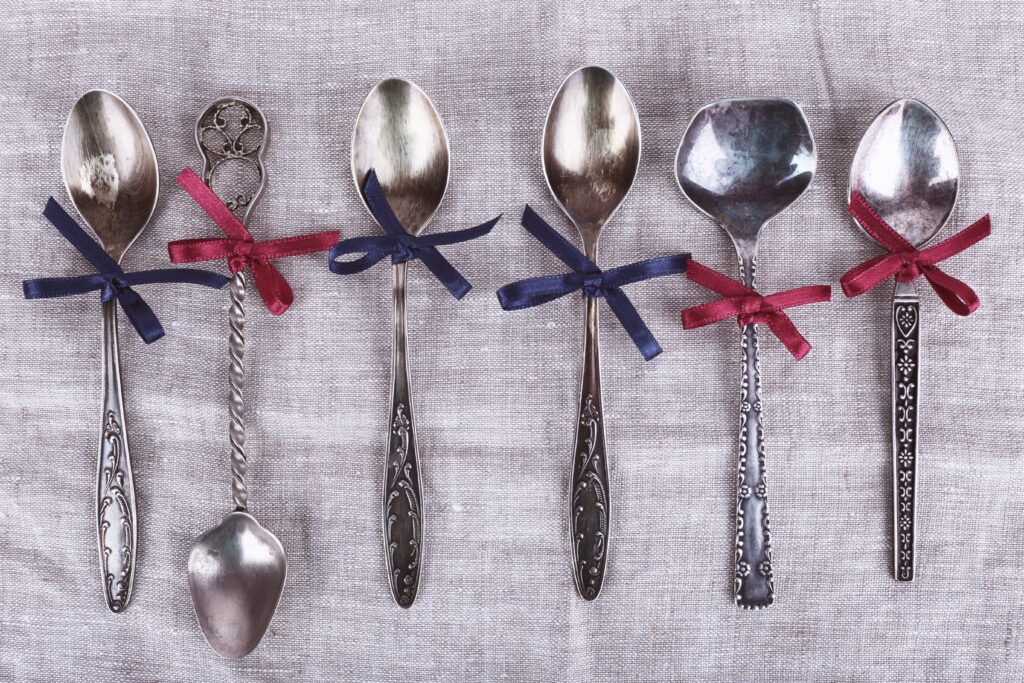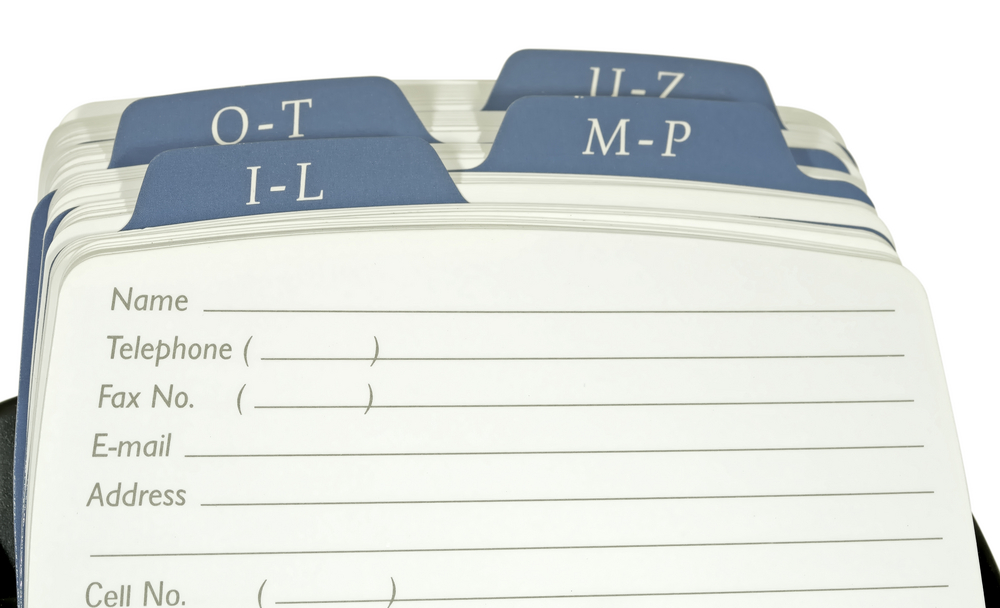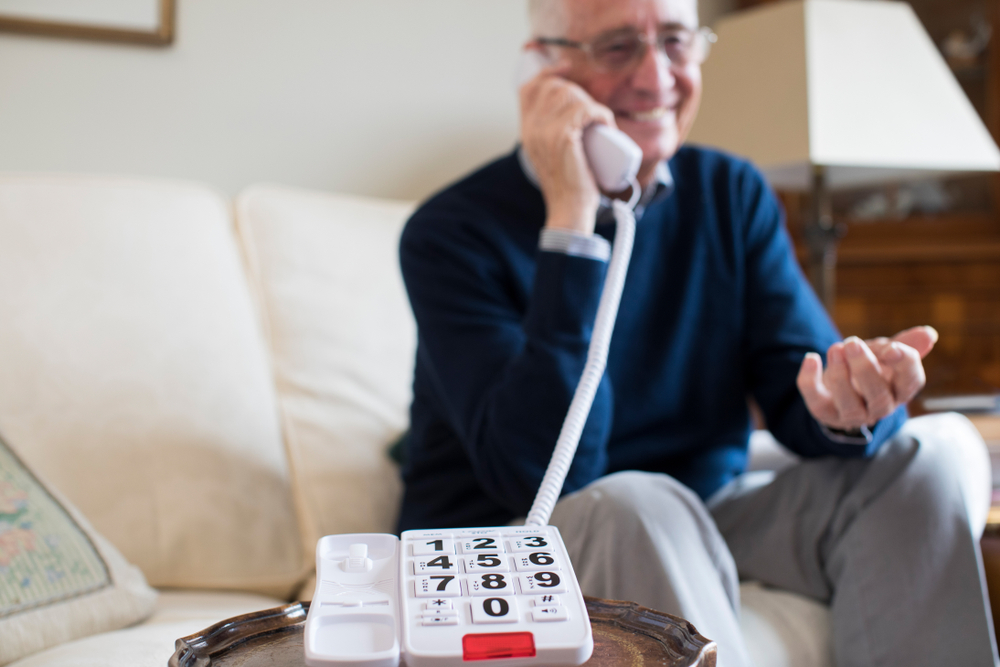Laugh out loud at the quirky, old-school habits that are disappearing as boomers take their final bow.

Get ready for a nostalgia-packed chuckle as we take a long, thoughtful stroll through the funny habits and peculiar traditions that are slowly vanishing along with the baby boomer generation. These customs, once everyday norms, now seem like charming oddities to younger folks who barely recognize the world boomers grew up in. From rotary phones to hilarious dance moves, these endearing quirks remind us of a simpler, more personal time when technology didn’t dictate every move and social interaction had a uniquely human touch.
As boomers make their graceful exit from center stage, they take with them a treasure trove of amusing and sometimes head-scratching habits. For those who lived it, it’s a bittersweet wave goodbye to a way of life filled with distinctive routines. And for those peeking in from the outside, it’s a fascinating glimpse into the cultural oddities that shaped an entire generation. Here are 13 comical things that are waving goodbye along with this iconic generation.
1. Calling people instead of texting them

Boomers have always cherished the warmth and immediacy of a phone call, often picking up the receiver for long, meandering chats that could stretch into the wee hours. The act of hearing a familiar voice and sharing stories in real-time carries a personal touch that texting simply can’t replicate. For boomers, a ringing phone was an invitation to connect, and they answered eagerly, ready for genuine conversation.
In contrast, younger generations lean heavily on texting, emojis, and quick digital exchanges that prioritize speed over depth. The thought of dialing a number, waiting for someone to answer, and engaging in a real-time discussion feels foreign and cumbersome to many Millennials and Gen Zers. As boomers retire their beloved landlines and step away from their phones, this once-common practice is quickly becoming a nostalgic relic of the past, according to Connor Jameson at I Sold My House.
2. Using the phrase “back in my day” as an argument

Boomers have a time-tested go-to whenever debates arise: the classic “Back in my day…” opener. It’s often followed by tales of walking to school uphill both ways, earning their first paycheck at an early age, or surviving without modern conveniences. These stories serve as both life lessons and gentle reminders of how different things once were, creating a bridge between generations.
However, younger people today are far more anchored in the present, relying on data, Google searches, and social media debates to support their views. The old-school tactic of invoking past hardships or simpler times feels increasingly out of place in a world obsessed with the latest trends and breaking news, as stated by Jon Dulin at Money Smart Guide. As boomers step back, so too will the familiar “back in my day” debates quietly fade from everyday conversations.
3. Keeping a giant phone book in the house

For boomers, the phone book was an indispensable household tool, holding the keys to nearly every person and business in town. These hefty, yellowed tomes lived near the phone or in a kitchen drawer, ready to provide numbers, addresses, and even restaurant options at a moment’s notice. The ritual of flipping through the pages felt like an essential part of daily life.
In today’s digital era, the very idea of a phone book feels absurdly outdated. Search engines and voice assistants can retrieve any contact information instantly, making these once-crucial books entirely unnecessary. As boomers gradually say goodbye to their paper directories, younger generations will likely only encounter them as curious antiques in thrift stores or history exhibits, shares Ben Carlson at A Wealth of Common Sense.
4. Sending handwritten thank-you notes for every occasion

Boomers took great pride in the art of sending handwritten thank-you notes. Whether it was for a birthday gift, a dinner party, or a kind gesture, these carefully composed notes expressed heartfelt gratitude in a personal, tangible way. The deliberate act of writing, addressing, and mailing a note carried a sincerity that electronic messages often lack.
But with the rise of instant messaging, emails, and social media, the tradition of handwritten correspondence is rapidly fading. Younger generations often view these notes as charming but unnecessary, opting for quicker and more convenient digital expressions of thanks. As boomers pass the torch, this once-common courtesy will likely become a quaint memory of a more gracious time.
5. Dancing like nobody’s watching, even when everyone is

Boomers have always owned the dance floor with an unabashed confidence, whether it was grooving to disco beats or breaking out dad-dance moves at weddings. Their willingness to dance freely, without concern for judgment, created lively, joyful atmospheres that filled countless parties and celebrations with laughter and fun.
In contrast, younger generations often approach dancing with more self-consciousness, perfecting choreographed TikTok routines or avoiding the dance floor altogether. The spontaneous, carefree spirit that boomers brought to dancing is becoming increasingly rare. As they hang up their dancing shoes, weddings and parties may lose some of the lighthearted, uninhibited energy that once defined these gatherings.
6. Writing checks for everyday purchases

For boomers, carrying a checkbook was as essential as having a wallet or keys. Whether at the grocery store, paying bills, or making donations, they carefully wrote out each check, balancing their checkbooks with meticulous care. The familiar sight of someone slowly filling out a check at the register was once a routine part of shopping.
Today, payment technology has evolved dramatically, offering debit cards, mobile apps, and digital wallets that complete transactions in seconds. Younger shoppers rarely encounter paper checks outside of rent or rare formal transactions. As boomers gradually put away their checkbooks, this deliberate and often time-consuming practice will become another relic of a bygone financial era.
7. Keeping stacks of old magazines for “reference”

Boomers often cultivated impressive collections of magazines, from National Geographic to Reader’s Digest, believing they might one day revisit a favorite article or recipe. These stacks occupied shelves, coffee tables, and even entire closets, serving as both decor and a personal archive of knowledge and interests.
With the advent of digital archives and instant online searches, the need to physically store magazines has virtually disappeared. Younger generations prefer minimalist living spaces free of clutter, accessing vast amounts of information with a few keystrokes. As boomers downsize and declutter, their beloved magazine towers will vanish, leaving behind stories of a time when printed media reigned supreme.
8. Asking strangers for directions instead of using GPS

Boomers grew up navigating the world by road maps, handwritten directions, and the kindness of strangers. Stopping at gas stations or asking locals for the best route was not only practical but also an opportunity for spontaneous human connection and shared stories along the journey.
Today’s drivers rarely need to interact with anyone to find their destination, relying instead on GPS, Google Maps, and real-time traffic updates. The charm of unexpected roadside conversations and helpful strangers is becoming a rarity. As boomers take their final road trips, this warm and personal approach to navigation fades into the rearview mirror.
9. Collecting souvenir spoons, plates, and bells from vacations

Boomers often returned from their travels with carefully chosen keepsakes—decorative spoons, commemorative plates, and tiny bells that filled curio cabinets and display shelves. Each trinket represented a cherished memory and served as a tangible reminder of the places they’d visited and the experiences they’d had.
Younger travelers favor digital memories captured on smartphones and shared instantly with friends and followers. The desire for physical souvenirs has waned, replaced by minimalist preferences and a focus on experiences over possessions. As boomers leave behind their lovingly curated collections, these charming mementos will become nostalgic tokens of a more sentimental era.
10. Relying on a Rolodex for networking

The Rolodex once symbolized professional success and organization, a spinning carousel of business cards and handwritten contacts that sat proudly on office desks. Boomers diligently maintained their Rolodexes, ensuring that every important connection was just a fingertip away during crucial phone calls or meetings.
In today’s cloud-based world, contact management has shifted entirely to digital platforms like LinkedIn, CRM systems, and smartphone apps. Younger professionals manage vast networks without a single scrap of paper in sight. As boomers retire and clear off their desks, the Rolodex spins its final turn, becoming a quaint symbol of pre-digital business culture.
11. Sending chain emails to friends and family

Boomers once enthusiastically forwarded chain emails containing jokes, prayers, good luck charms, and sometimes dire warnings of bad luck if the chain was broken. These colorful emails filled inboxes with a mix of humor, superstition, and heartfelt wishes, creating a unique digital bonding experience.
Younger generations now gravitate toward memes, DMs, and curated social media feeds to share content. The era of lengthy chain emails has largely passed, viewed as clutter rather than connection. As boomers log off and their email forwarding habits fade, this quirky form of online communication will become a curious footnote in the history of digital culture.
12. Spending hours talking to telemarketers

Boomers often engaged telemarketers with surprising patience, sometimes listening to full pitches out of politeness or simple curiosity. These phone calls, though intrusive, occasionally turned into extended conversations filled with questions, clarifications, and even advice.
Younger generations approach telemarketing with swift and decisive action: hang up, block the number, or report it as spam. The tolerance for unsolicited calls has diminished sharply, leaving telemarketers struggling to find receptive ears. As boomers bid farewell, so too will the days of lengthy, unexpected chats with strangers on the phone.
13. Hosting potluck dinners with Jell-O salads

Boomers mastered the art of the potluck, often featuring culinary oddities like Jell-O salads, ambrosia, and tuna casseroles. These gatherings were community staples, bringing neighbors and friends together over tables laden with homemade dishes that reflected the era’s unique tastes and traditions.
Today’s food trends lean toward artisanal charcuterie boards, farm-to-table offerings, and Instagram-worthy spreads. The quirky, retro recipes that once defined boomer potlucks are slowly disappearing as younger hosts opt for modern culinary trends. As boomers pass the casserole dishes one last time, these nostalgic feasts become treasured memories of simpler, more communal times.
